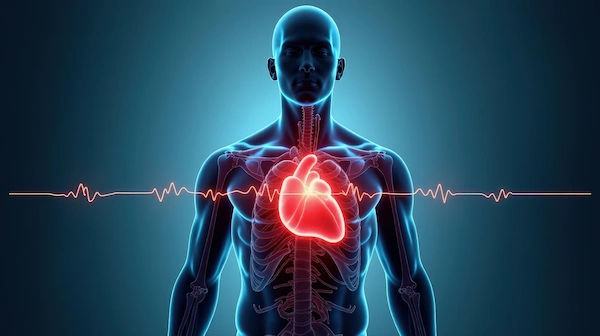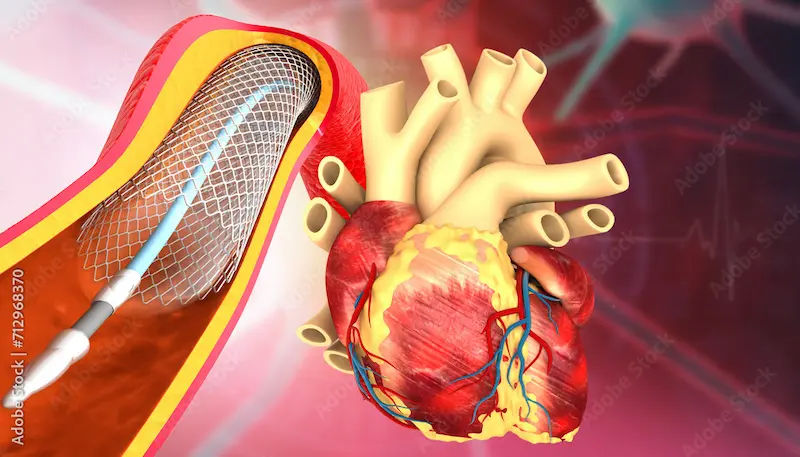- Male
- 43 Years
- 23/01/2025
I'm having some trouble with leg pain when I try to climb stairs, even just to the first floor. The pain seems to be worse in my calf muscle and I end up feeling really tired afterward. Is this something I should be worried about? Could it be a sign of a bigger issue, and what might help ease the pain?
Answered by 1 Apollo Doctors
-It sounds like you might be experiencing muscle fatigue or strain in your calf muscles when climbing stairs. This can happen if the muscles are overworked, especially if you're not used to the activity. Try resting, stretching, and strengthening your cal
Dr. Ranjith Suggests...
Consult a Cardiologist
Answered 04/07/2025
0
0

More Cardiology Health Queries
View allI'm a bit concerned because I just started taking Telma 20mg and today I've been feeling dizzy and really tired. Is that a normal reaction? I checked my blood pressure and it's 14092. What should I do about this?
Starting on Telma (telmisartan) 20mg can sometimes cause side effects like dizziness and fatigue, especially when your body is adjusting to the medication. These symptoms can be more noticeable when standing up quickly or during the initial days of treatment. Your current blood pressure reading of 14092 mmHg indicates that it is still elevated. Its important to monitor your symptoms and blood pressure closely. If the dizziness and fatigue persist or worsen, please contact your healthcare provider to discuss your symptoms and possibly adjust your treatment plan.
Answered by 1 Apollo Doctors
I'm trying to figure out the best time to take my blood pressure medicine. Is it better in the morning or evening? I'm currently on Amlip 5. Would love your advice on this.
See a specialist for accurate diagnosis and targeted treatment.
Answered by 1 Apollo Doctors
I'm really worried about my dad. He had a sudden paralysis attack because his blood pressure shot up unexpectedly. He's getting treatment, but now his right hand and face are affected. The ECO test shows RWMA; should I be concerned about that? Everything else looks okay, but I'm anxious. How serious is RWMA, and what should we be prepared for next?
It sounds like your father experienced a transient ischemic attack (TIA) due to high blood pressure. The presence of RWMA+ on an ECG test indicates regional wall motion abnormality, which can be a sign of reduced blood flow to a specific area of the heart. To prevent further episodes, it is important to manage his blood pressure effectively. He can be prescribed medications like Amlodipine (5mg) and Lisinopril (10mg) to control his blood pressure and reduce the risk of future TIAs. Additionally, Aspirin (81mg) can be recommended to prevent blood clots and reduce the risk of stroke. Regular follow-up with a healthcare provider is essential to monitor his condition and adjust treatment as needed.
Answered by 1 Apollo Doctors
Disclaimer: Answers on Apollo 247 are not intended to replace your doctor advice. Always seek help of a professional doctor in case of an medical emergency or ailment.




